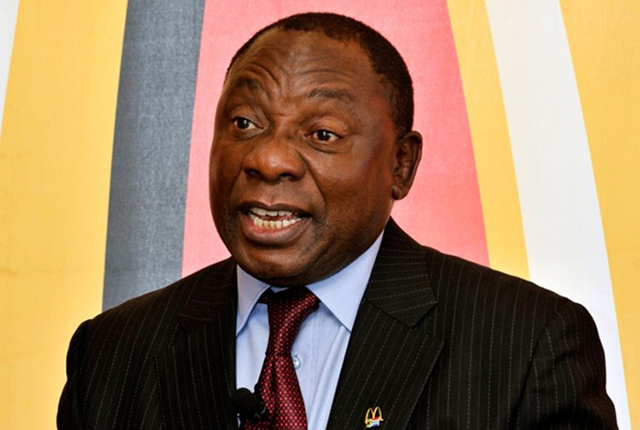Wheat farmers receive $35,7bn, US$3,5m

Herald Reporter
WHEAT farmers have been paid $35,7 billion and US$3,5 million for the wheat delivered last year to the Grain Marketing Board, GMB chief executive, Mr Rockie Mutenha, has said.
He said of the 147 709 tonnes of wheat worth $37 501 304 176 so far delivered to GMB, 62 092 tonnes were in the premium grade while 85 616 tonnes were standard grade.
On Wednesday, GMB received $10 billion which it promptly paid to wheat farmers.
“As at 4 January 2023, $35 716 720 064 and US$3,5 million was paid to farmers. The outstanding balance of $ 1 784 584 112 is wheat delivered and received by yesterday.
“Treasury is making the necessary effort to ensure farmers with outstanding debts including the US dollar component are paid as soon as possible. We are still receiving trickles of wheat averaging between 300 to 400 tonnes per day,” Mr Mutenha said.
For a premium grade, GMB is paying $268 048 plus US$220 per tonne, while standard grade receives $243 680 plus US$200 per tonne.
Mr Mutenha urged self-financed farmers to register with the Agricultural Marketing Authority (AMA) so that they keep a register of such farmers to avoid side marketing and bring order to the industry.
Farmers were worried about payment delays by the GMB, raising fears this may dampen the growers’ zeal to produce enough wheat to meet the national requirements, which saw a record 380 000 tonnes of the cereal being realised in the 2022 season.
Zimbabwe Indigenous Women Farmers Association Trust president Mrs Depinah Nkomo hailed the development revealing that most farmers were intending to utilise those payments for other expenses.
“Delays in getting payments may also affect other productions, but we applaud Government’s efforts to ensure that farmers get their payments for the deliveries they have done,” she said.
Recently, former Zimbabwe National Farmers’ Union vice president Mr Edward Dube said it was critical for farmers to get payments on time so that they prepare for the next season.
“Yes farmers were complaining that they were not getting their payments on time, but we applaud the efforts taken by the Government so far to give farmers their payments. This is a positive step towards improving the agriculture sector,” he said.
Over the period 2010 to 2021, wheat product imports have been as high as US$101 million annually.
Achievement of wheat self-sufficiency will allow the country to save on foreign currency expenditures, arrest exportation of jobs and increase local production.
It also ensures that complications such as the situation in Ukraine, a major wheat exporter, do not affect local supplies.









Comments